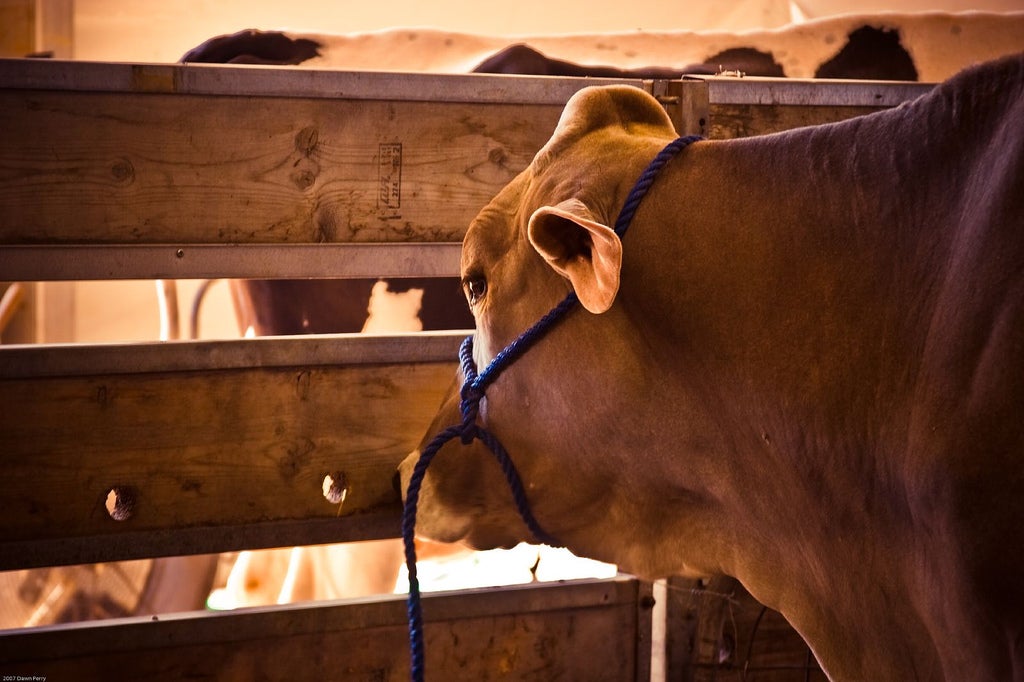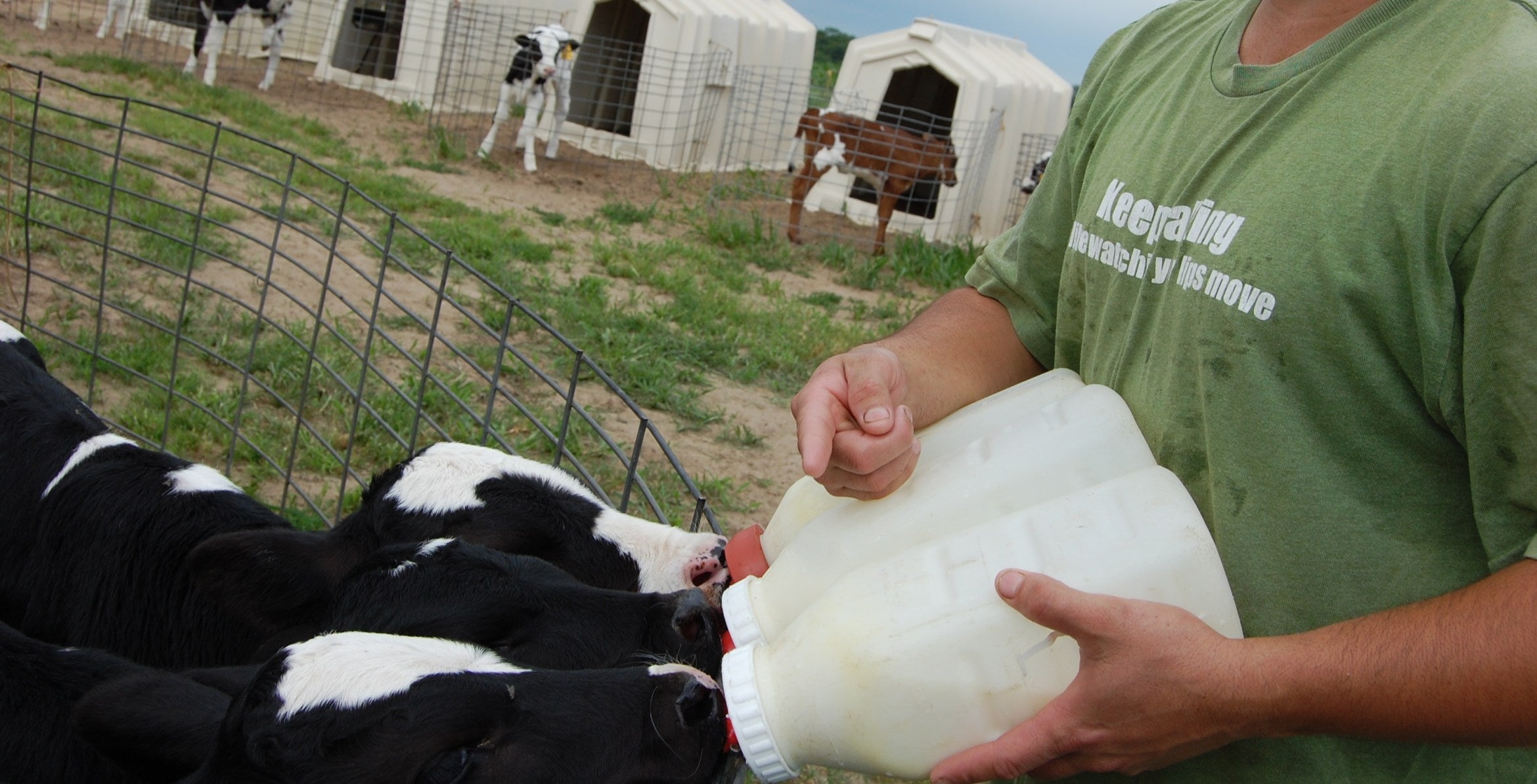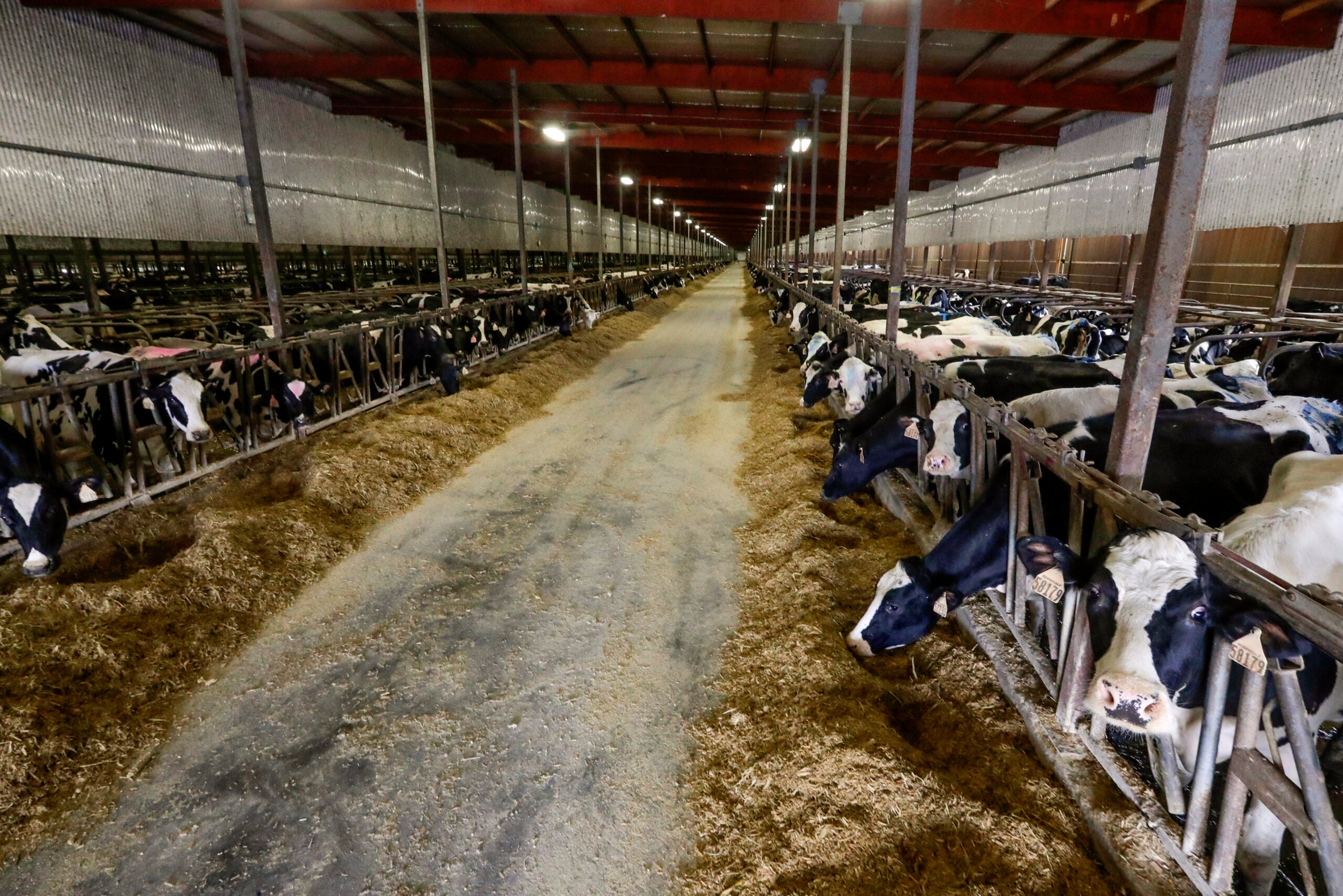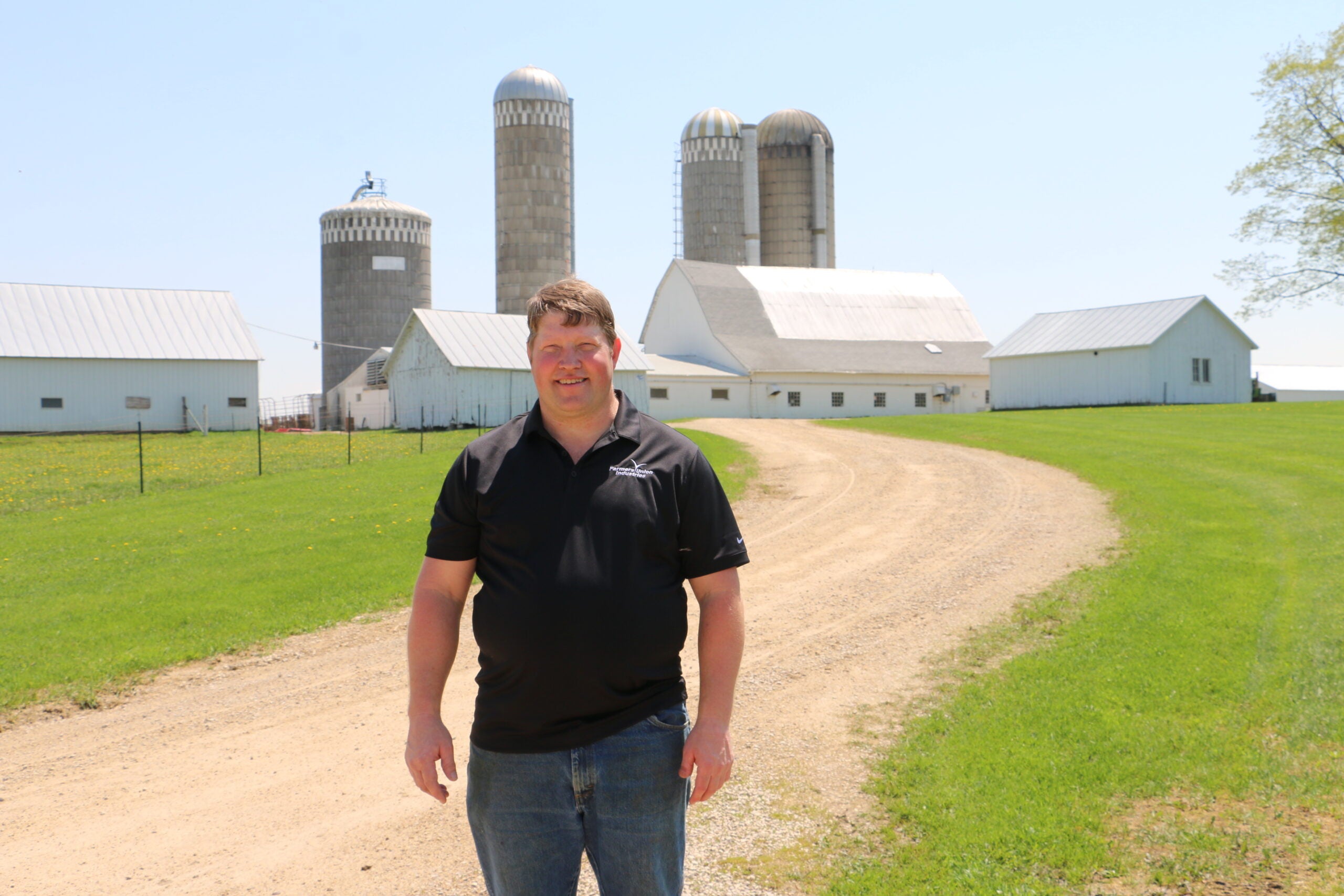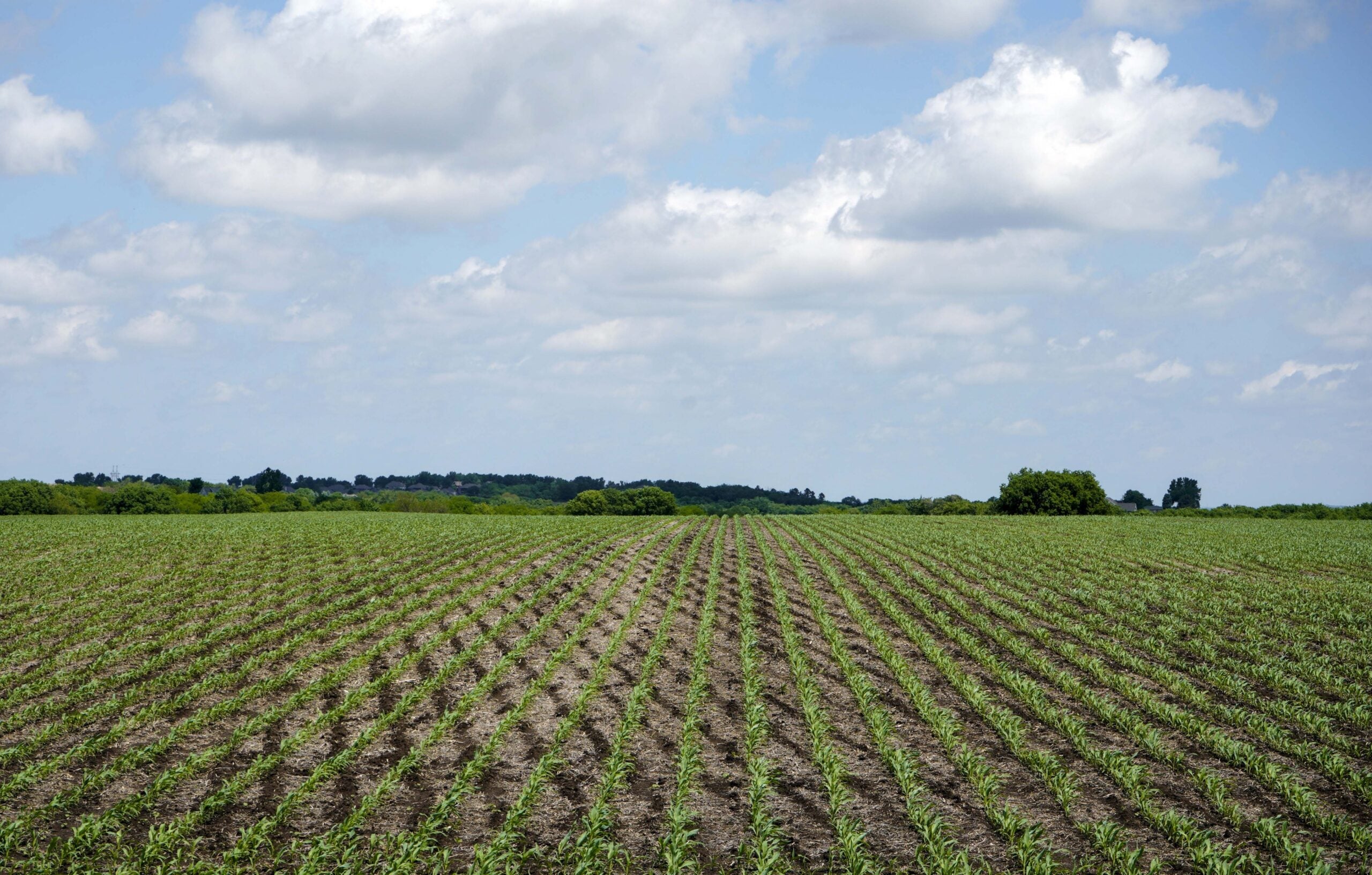A controversial effort to help control milk production and stabilize prices passed this week as part of the U.S. Senate’s farm bill. The plan faces an uncertain future in the House, however.
Under the Dairy Market Stabilization program, the government would require participating dairy farmers to slow milk production if market prices are in danger of dropping too low due to oversupply. It would replace safety net insurance programs where farmers are simply paid if prices drop below a certain level.
Mark Stephenson is the director of the University of Wisconsin Center for Dairy Profitability. He says some producers like the idea because it keeps prices, and therefore profits, at reasonable levels. But Stephenson says others feel the government should keep their hands off their cows: “Don’t tell me how to operate my business. … Don’t tell me how much milk I can produce.”
News with a little more humanity
WPR’s “Wisconsin Today” newsletter keeps you connected to the state you love without feeling overwhelmed. No paywall. No agenda. No corporate filter.
The plan also has plenty of critics in the House, including Rep. Ron Kind, D-La Crosse. He says farmers should be able to choose how they deal with the ups and downs of the dairy industry, whether through insurance, loans, or other means. He says that’s better than the government getting involved in regulating milk production.
“I think there are better ways of doing that through risk management. And it will be subject to debate and we’ll see where it goes in the House when it comes up.”
The House is expected to vote on the farm bill before the end of this month.
Wisconsin Public Radio, © Copyright 2025, Board of Regents of the University of Wisconsin System and Wisconsin Educational Communications Board.

